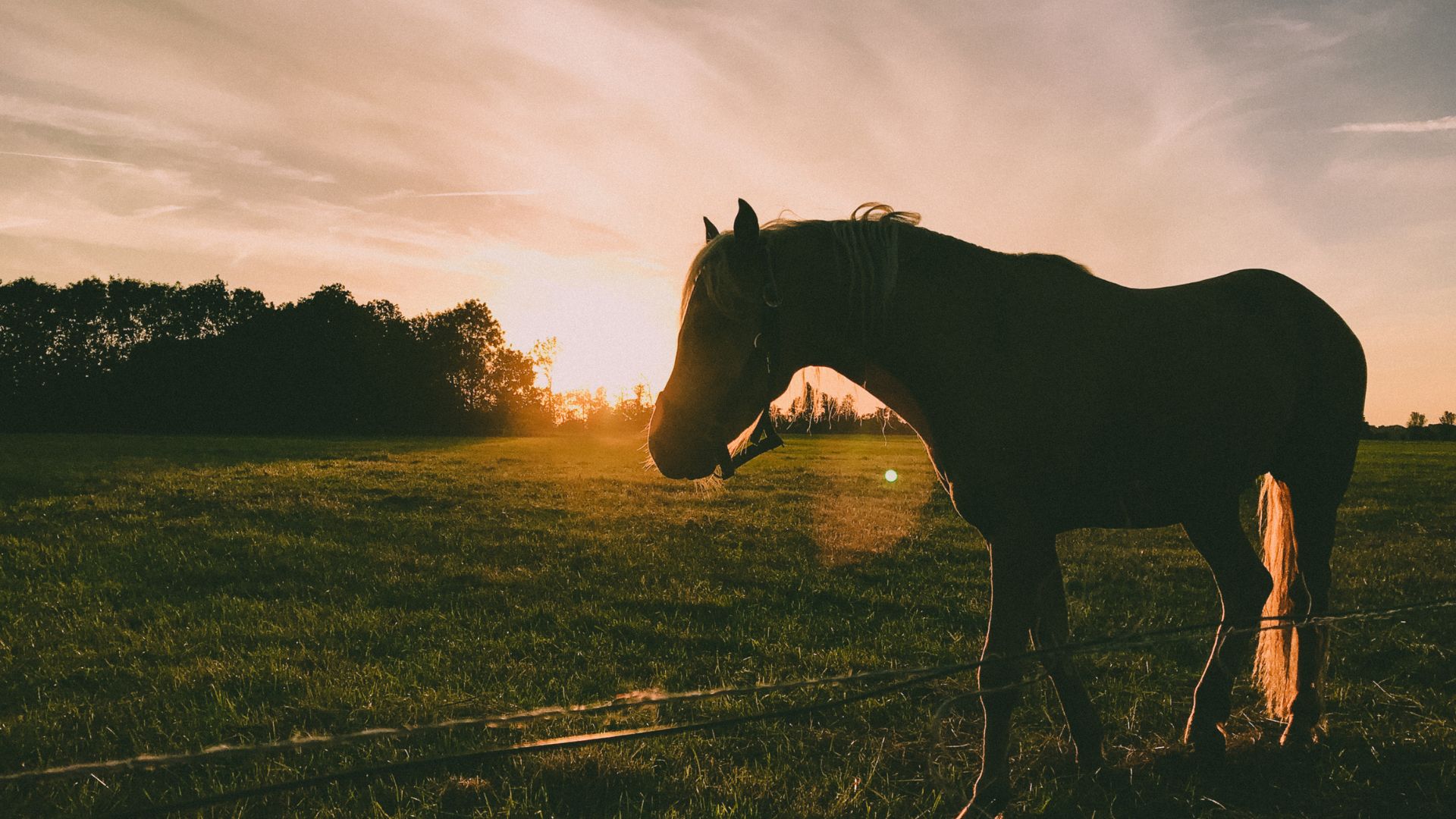
Best winter horse training tips to stay motivated
Learn tips to stay motivated during the winter with your horse and boost your performance at the same time you reduce the risk of injuries.
Training with your horse during winter can be tough: the indoor arena is filled with other riders, the outdoor facilities are wet or frozen and it is dark and cold. In addition, during winter horses have more chances of getting injured.
These are the tips to get through the winter season while keeping your horse happy and healthy. From ensuring you warm-up appropriately to feeding your horse the right nutrients during the cold months.
Warm-up is key
It avoids horse injuries. During winter, tendon and ligament injuries are the most common, and this is often due to warm-ups that are too short or to the uncontrolled movement of the horse.
Also, the ground can cause injuries. As the fields are often muddy or frozen, this causes your horse to slip easier, while walking on uneven ground can cause hoof problems.
During winter horse training sessions, make sure you level surfaces before training, take enough time for walking and warm yourself up before riding. When you level surfaces, you avoid uneven terrain. If you prevent this by leveling the ground before the frost hits, it will freeze evenly, becoming safer for horse legs.
Additionally, make sure your horse warms up with enough time. Put your horse in the walker or on the treadmill, or go for a walk with him in hand before riding. This will prevent the risk of injuries.
Your horse is not the only one that needs to warm up before training. Make sure you warm up as well to improve your flexibility before riding. This will allow you to follow your horse’s movements easier and will improve your riding. A great idea to warm up is to walk with your horse in hand for 10-15 minutes.
Should you let your horse free in the arena?
It depends on whether your horse can behave or not and you know this will help your horse. However, it is recommendable that you warm-up before letting him roam free in the arena.
This is because movement is important, and especially in winter it is important to walk enough. Allow your horse to walk for 15-30 minutes, and if he wants to go the extra mile and do more, that is great. Horses that stay in stables and have free access to paddocks or love outdoors can do less.
Diversifying training
Doing the same routine over and over during the winter months can become frustrating and boring, both for horse and rider. To diversify your training, you can include ground poles and cavalettis and use them in different setups depending on your level and what you want to work on that day.
Depending on the day, you might also want to focus on:
- Groundwork: This is always available and it helps your horse remember the basics or teach him something new. Moreover, it is less risky than having your horse jumping uncontrollably forward or bucking.
- Lateral Work: This training helps strengthen important muscles in your horse, and additionally during winter it keeps your horse conditioned. You can either do lateral work in hand at the walk as in the saddle. However, when doing lateral work make sure you are taking walking breaks after several lateral movements to keep the lactic acid from building up in your horse.
- Lunging: It is also a great way of keeping your horse fit during the winter months if you cannot ride them. In order to lunge properly, make sure your horse is calm, relaxed and attentive to you. Expect your horse to behave as well as if you were riding him, so if you feel lunging is not being properly done, it is best to wait until nicer weather comes.
Supporting your horse’s intestinal health
Your horse’s immune system is connected to the conditions he’s kept. Making sure hay is high quality and dust free is important. Also, make sure you feed additional hay during extreme cold weather and they have access to shelter.
Horses need more water during the winter, and you should maximise the amount of water they are drinking to prevent dehydration and colics. Adult horses that weigh around 455kg (1000 pounds), should drink at least 38-45 liters of water per day.
During summer, horses feed on lush pastures that contain 60 to 80% moisture, contributing to their water requirements. However in winter, grain and hay cointans less than 15% moisture. This means they will need more water during the winter to be less prone to impaction colic, affecting the horse’s gut health. Therefore, ensure your horse has free access to water.
Should you use winter blankets?
Horses are good at adapting their body temperature and normally horses that do not live in extremely cold environments (-12ºC) will do well without a blanket. However, older horses, clipped horses or horses that are recovering from illness might need extra help keeping themselves warm.
Check your horse’s living conditions and needs: if your horse is thin skinned, he will most likely do good with a waterproof turnout blanket to stand comfortably in the snow or rain. On the other hand, if your horse is thick skinned, he probably will be happier without a blanket.
Did you find this article helpful for keeping your horse safe and sound during winter training? If so, we would love to hear your opinions: we are on Facebook, Instagram and Twitter.












_v2.svg)
_v2.svg)









_v2.svg)


